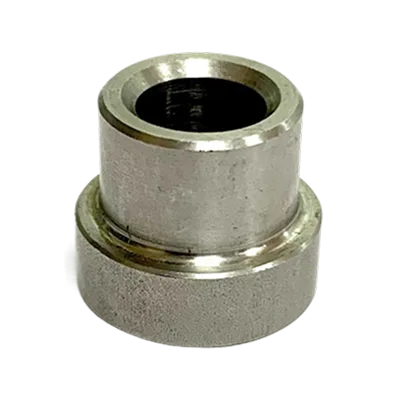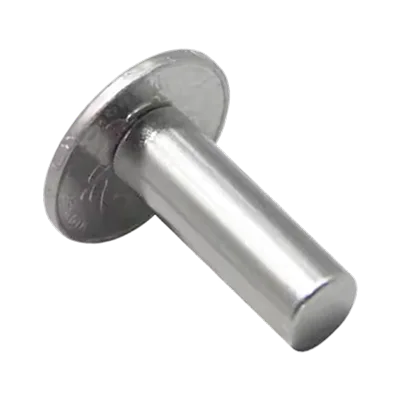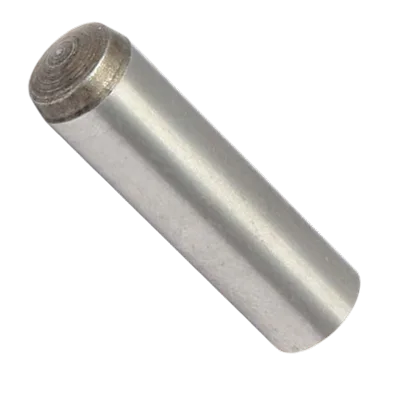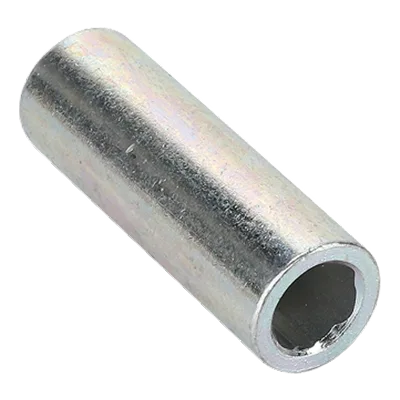
Manufacturers of metal cable lugs
At Lemec, we specialize in the manufacture of metal cable lugs, using the cold heading process, ideal for big batches We adapt to your needs, working to order and following your drawings and specifications.
As an auxiliary industry without our own products, we focus on offering high quality customized solutions for your industrial projects.

Cable lugs
Our production processes can handle the manufacture of terminals in different alloys.
Copper cable lugs
Our copper terminals guarantee excellent conductivity and durability, ideal for a wide range of industrial applications.
Brass cable lugs
We manufacture brass terminals that offer corrosion resistance and durability, perfect for demanding environments.
Steel cable lugs
We produce steel terminals that offer high mechanical strength, making them suitable for applications requiring robustness and reliability.
Stainless steel cable lugs
Stainless steel terminals are known for their corrosion resistance and durability, ideal for harsh conditions.
Why choose us as your cable lug manufacturer?
Customization according to specifications
At Lemec, we work with you to manufacture lugs from 3mm in diameter, following your exact specifications and particular needs.
Automotive cable lugs
Our experience as a supplier of automotive cable lugs guarantees our commitment to excellence in manufacturing and supply.
Top quality materials
We use only high quality materials, such as copper, brass, steel and stainless steel, to ensure maximum durability and efficiency of the terminals produced, providing raw material certification and traceability.
Frequently Asked Questions
What is a metal cable lug and what is it used for?
What materials are used in the manufacturing of cable lugs and how are they selected?
What processes are used to manufacture metal cable lugs and what advantages do they offer in long production runs?
What customization options are available for cable lugs?
• Custom dimensions (thicknesses, diameters, lengths; from very small diameters such as 3 mm).
• Specific functional zones (crimping or fastening area, eyelets/holes, chamfers, and radii).
• Certified materials and finishes with full batch traceability.
• Production geared to demanding sectors (e.g., automotive), without a standard catalog: supplied as an auxiliary manufacturer based on customer needs.
What should a drawing include to quote and manufacture custom cable lugs?
• Geometry: thicknesses, diameters, length, shape of the lug and eyelet.
• Functional areas: crimping/retention zone, holes/eyelets, radii, and chamfers.
• Tolerances and surface finish (roughness, coatings if applicable).
• Electrical or mechanical requirements (conductivity, pull-out strength, vibration resistance).
• Series volume and service conditions (temperature, corrosion, working environment).








